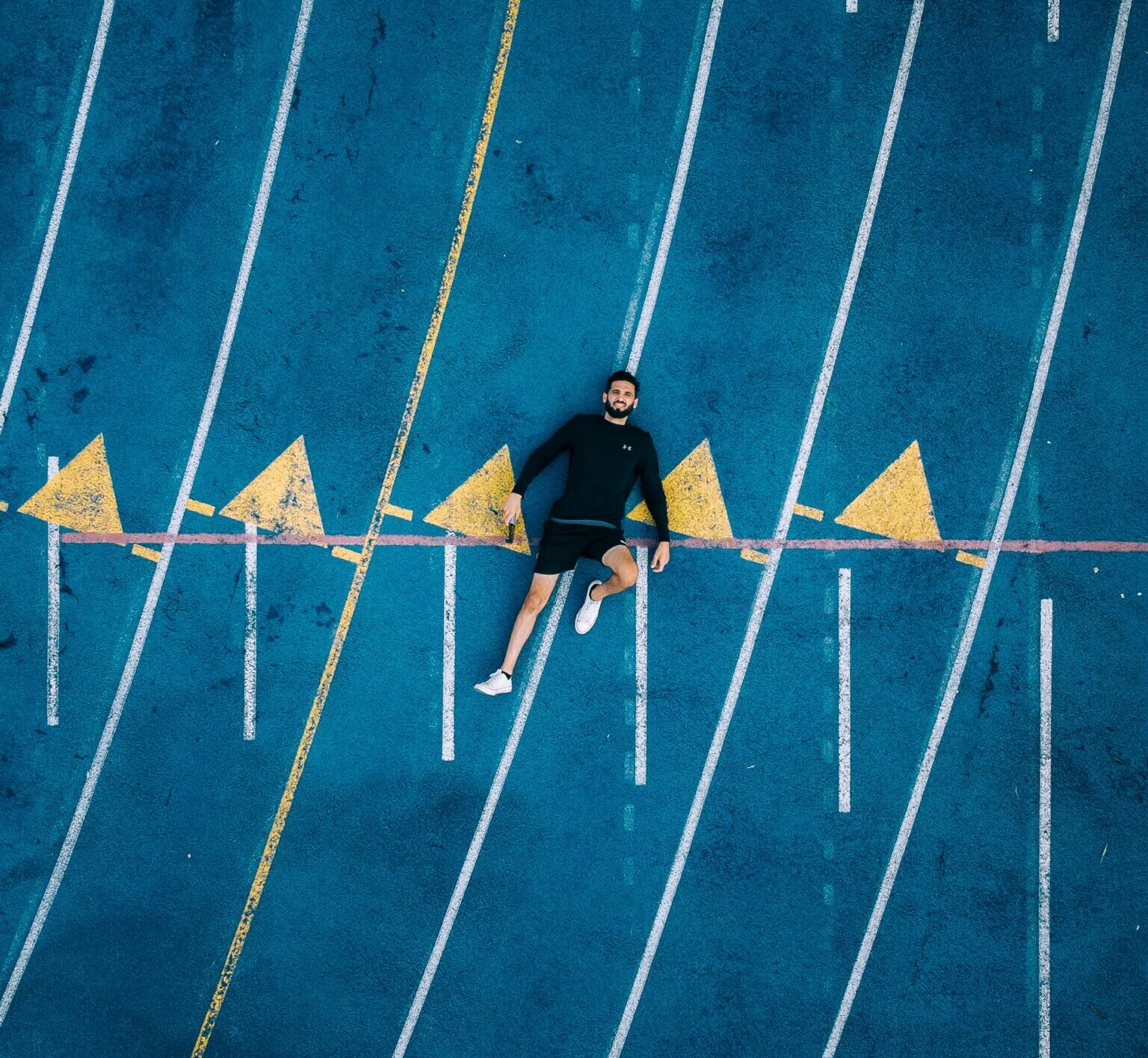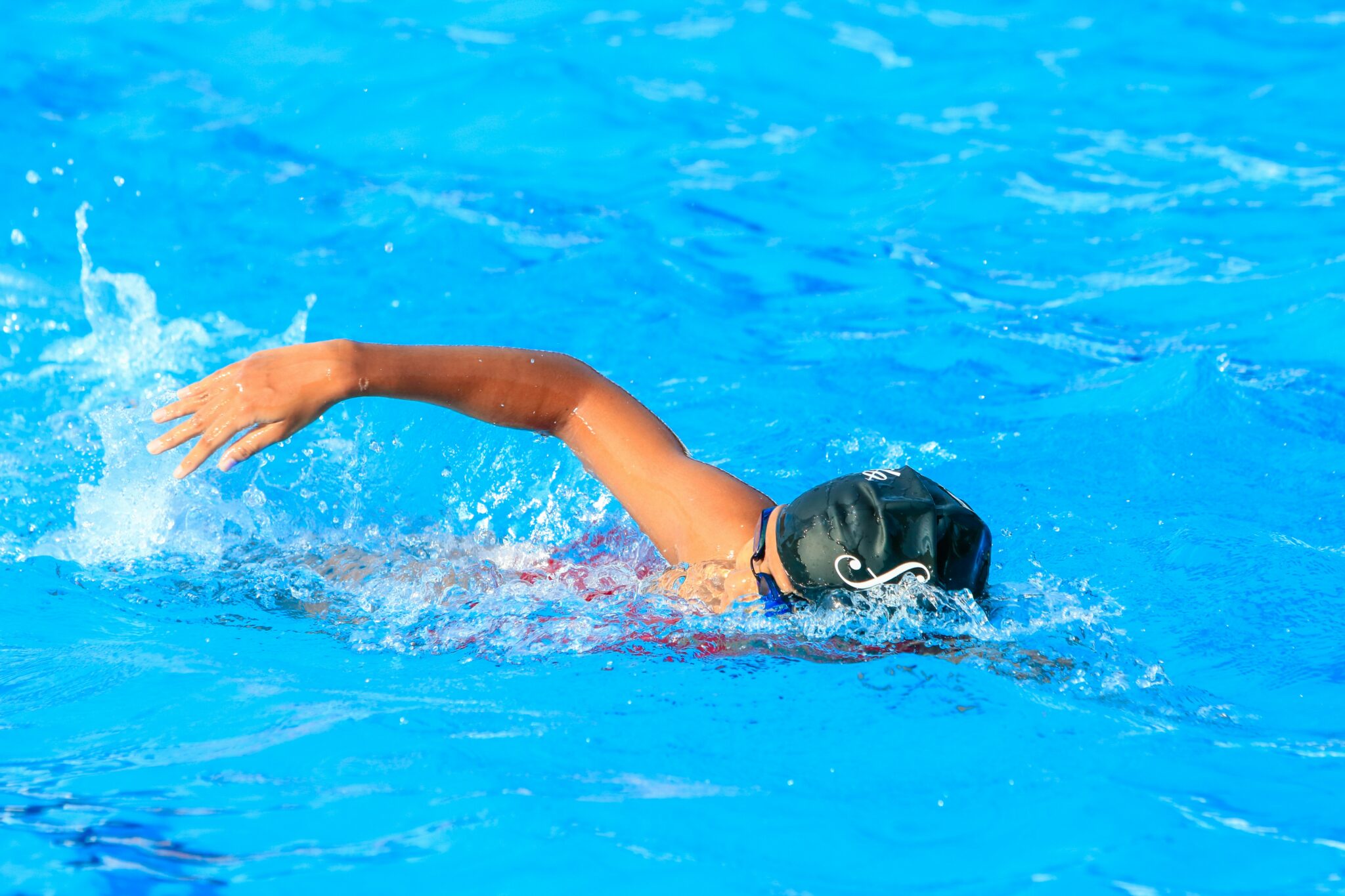The Paris 2024 Olympics Controversies

Welcome to the Paris 2024 Olympics, where the world’s finest athletes are set to compete in an extraordinary display of talent and dedication. However, these Olympics are also marked by several significant controversies that have surfaced before the official start. From high-profile bans to political tensions, the spotlight is on more than just the athletes’ performances. Britain’s equestrian star Charlotte Dujardin and Dutch volleyball player Steven van de Velde are embroiled in scandals that have captured global attention. Political issues, such as France’s hijab ban and heightened security for Israeli athletes, add to the complexity. Canada’s football team faces internal turmoil over a spying incident, and questions arise about the Seine’s cleanliness and the eco-friendly yet uncomfortable Olympic village. Moreover, a doping scandal involving Chinese swimmers casts a long shadow over the integrity of the competition. Despite these challenges, the spirit of the Olympics persists, with the promise of thrilling and unforgettable athletic achievements.
Quick Overview of the Olympic 2024 Scandals and Controversies:
Athlete Scandals:
- Charlotte Dujardin: Britain’s top female Olympian withdrew after being banned for six months for horse abuse in a video from four years ago.
- Steven van de Velde: The Dutch volleyball team included van de Velde, a convicted rapist, sparking controversy over his selection and teammates’ support.
Political and Social Issues:
- Hijab Ban: France, the host nation, banned its athletes from wearing hijabs, deemed by Amnesty International as ‘racist gender discrimination.’
- Israeli Athletes: Israeli athletes will have increased security following a French MP’s controversial comments about their presence.
Other Controversies:
- Canada’s Spy Drone: Two Canadian football staff were fired for using a drone to spy on New Zealand’s training.
- Seine Cleanliness: Despite a €1.4 billion cleanup, the Seine river’s water quality for swimming events remains questionable.
- No Air Conditioning: The Olympic village lacks air conditioning to promote eco-friendliness, leading many teams to rent their own units due to expected high temperatures.
- China Doping Scandal: 23 Chinese swimmers (11 of whom will be in the Olympics this year) tested positive for a banned substance before the Tokyo Olympics, raising concerns over the World Anti-Doping Agency’s handling of the case.
In Depth Analysis of the Olympic 2024 Scandals and Controversies:
Canada’s Olympic Women’s Football Team
Canada’s Olympic Women’s Football Team is facing turmoil after two staff members were sent home for using drones to spy on New Zealand’s training sessions. The incident has led to the head coach, Bev Priestman, stepping aside for the team’s opening match against New Zealand.
A “non-accredited” Canadian staff member was detained by French authorities for improperly using a drone in Saint-Étienne. Assistant coach Andy Spence will temporarily take over coaching duties. The Canadian Olympic Committee (COC) is cooperating fully and has mandated ethics training for all football staff.
Joseph Lombardi, a Canada Soccer analyst, admitted to using the drone to record New Zealand’s practices. Jasmine Mander, an assistant coach, was cleared of involvement. A 43-year-old Canadian man received an eight-month suspended sentence and confiscation of his equipment.
New Zealand’s Olympic Committee expressed deep disappointment over the incident. Canadian officials, including Sport Minister Carla Qualtrough, condemned the actions and supported the sanctions imposed. Despite the scandal, Canadian players remain focused on their goal to defend their Olympic title.
China Doping Scandal
An investigation by ARD and the New York Times found that 23 Chinese swimmers tested positive for the banned drug trimetazidine (TMZ) before the 2021 Tokyo Olympics but were still allowed to compete. The World Anti-Doping Agency (WADA) accepted China’s unproven explanation of contamination from a hotel kitchen.
Three years later, 11 of those swimmers are competing in Paris, drawing criticism from athletes like Michael Phelps and Allison Schmitt, who have lost faith in the fairness of the Olympics. Guardian contributor Kieran Pender highlights the controversy but notes the excitement for the Olympics persists. WADA’s handling of the scandal faces scrutiny, with critics demanding more transparency.
The IOC awarded Salt Lake City the 2034 Winter Olympics on the condition that the US stops criticizing WADA. Despite the ongoing controversy, athletes remain focused on their competitions, emphasizing the need for fair and consistent anti-doping measures to maintain the fairness of the sport.
Hijab Ban
The Paris 2024 Olympics is embroiled in controversy over France’s hijab ban for women athletes, which Amnesty International deems discriminatory and a breach of human rights. This ban blocks Muslim women from competing and clashes with international sports regulations and human rights treaties. The ban’s impact on inclusivity and participation in sports for Muslim women and girls is severe, leading to exclusion and mental distress. Despite pressure, the International Olympic Committee (IOC) has not acted, citing varying state interpretations of religious freedom. The ban also affects multiple sports in France, causing widespread frustration among athletes. Amnesty International calls for French authorities and the IOC to overturn the bans, arguing that no one should dictate what women can wear in sports. Athletes like Hélène Bâ voice their dismay, labeling the situation as disgraceful. Immediate action is needed to allow women to participate fully in sports while maintaining their faith and identity.
Moving Forward

As the Paris 2024 Olympics unfold, the mix of triumph and turmoil influences will forever shape the games. These controversies highlight the ongoing struggle for fairness and integrity, emphasizing the need for ethical conduct. Despite the challenges, the athletes’ dedication continue to inspire, promising performances that reflect the true spirit of the Olympics. Here’s to an Olympic Games that upholds both excellence and ethical standards.









